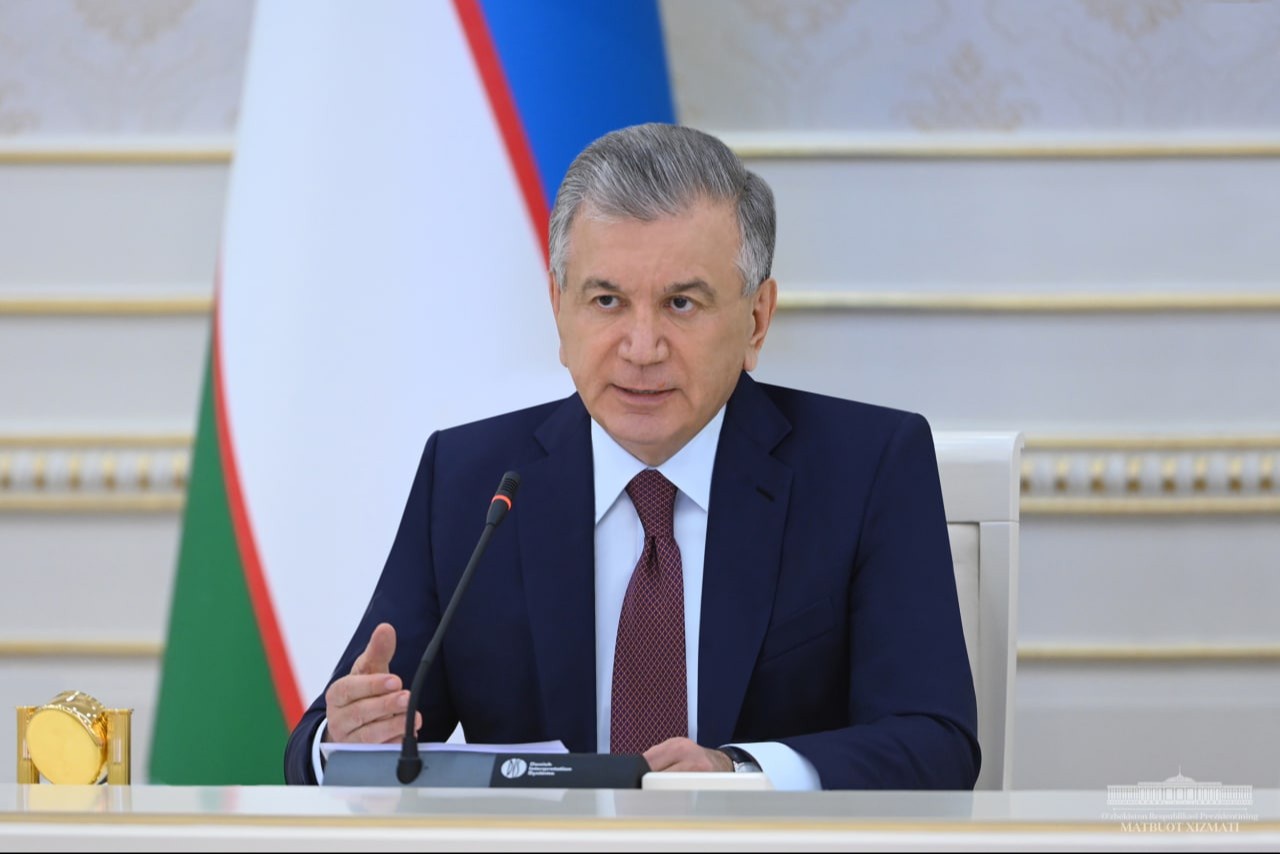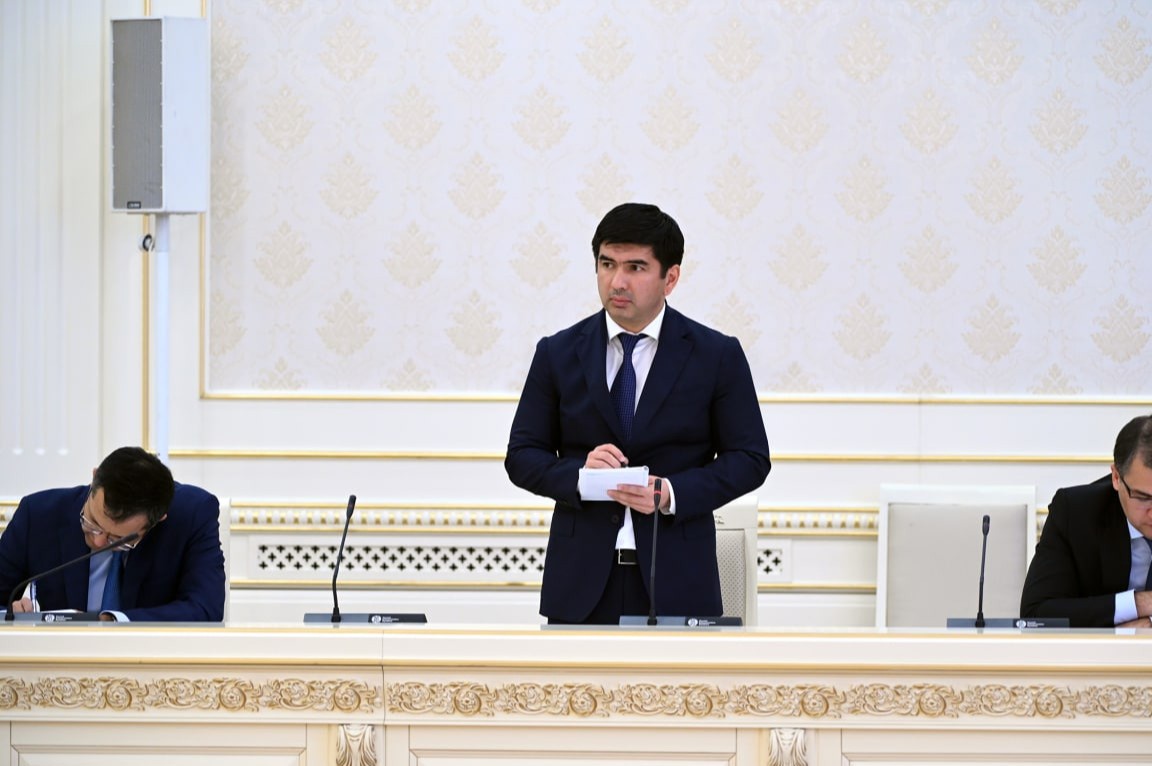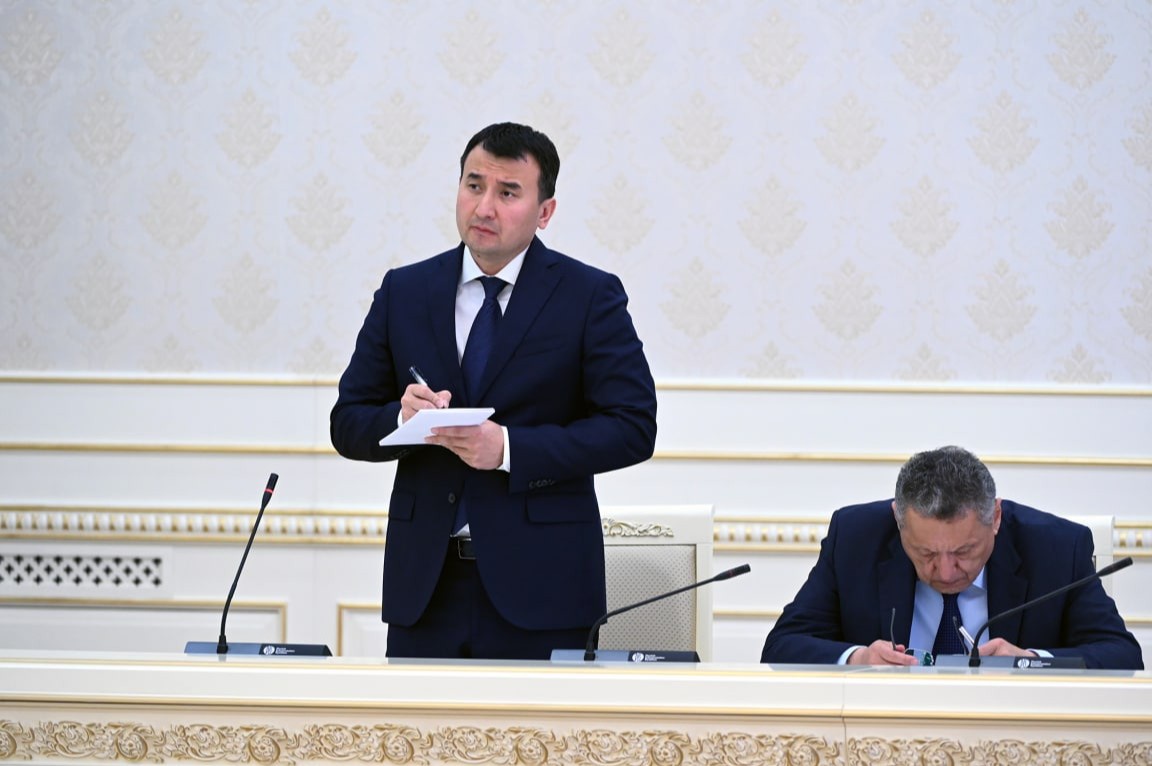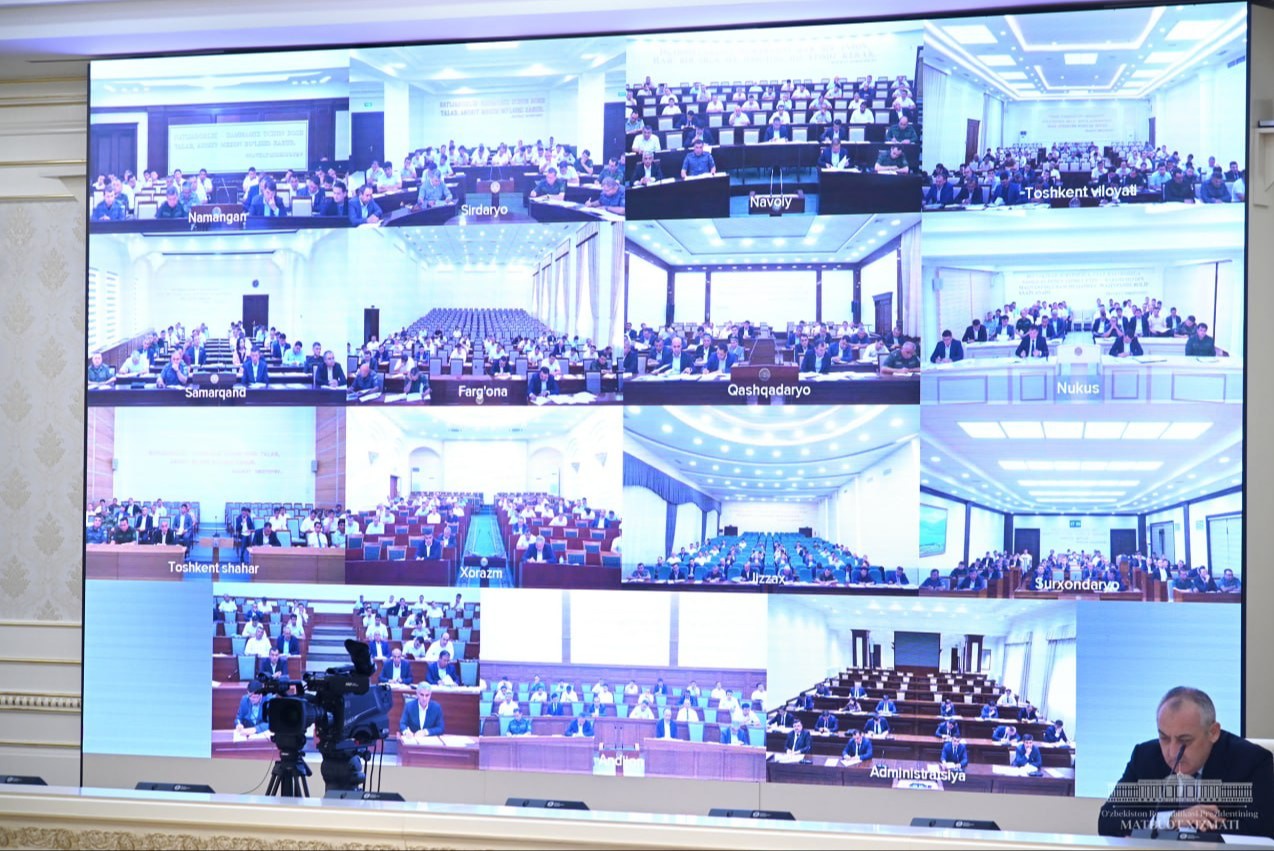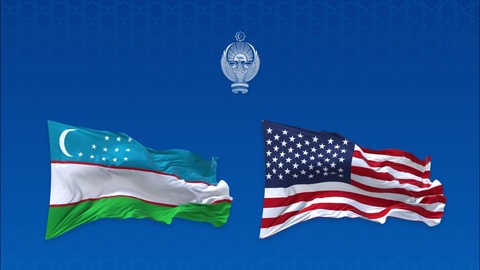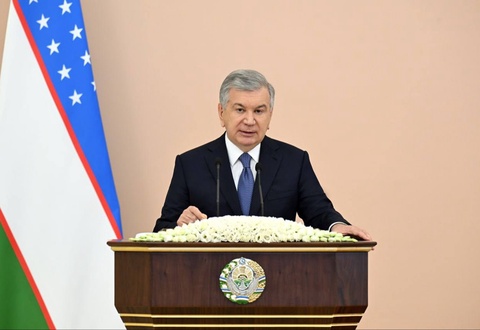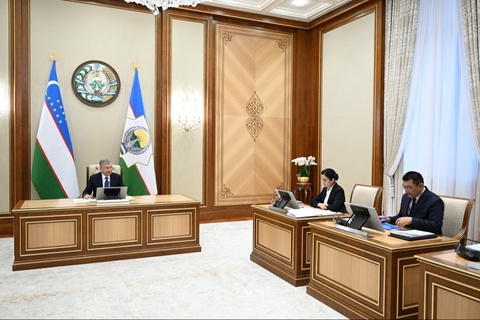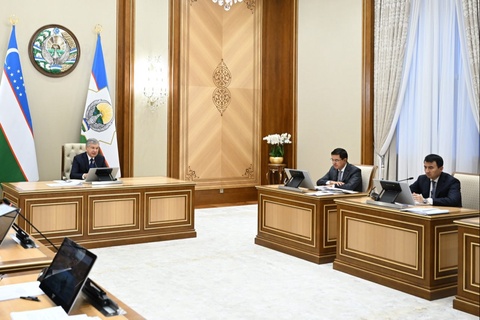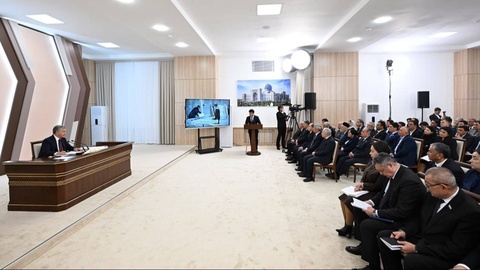The world is facing food shortages due to climate change and drought in many regions. The production and delivery of products are becoming more difficult due to the international situation.
The Head of the state has been paying attention to this issue for a long time and has set tasks in ensuring food security. At the beginning of this year, 80 thousand cultivated lands released after the reduction of cotton and grain areas were transferred to the population for agricultural production. As a result, 785 thousand people were employed, 1 million 500 thousand tons of food products worth 3 trillion UZS were additionally prepared.
In continuation of this work, the President decided to allocate another 20,000 hectares of land for the population. Next year 100 thousand hectares of sown land will be distributed to the population on a competitive basis. Thanks to this, another 1,2 million people will be employed.
The demand for basic food products by region, as well as domestic opportunities, were analyzed at the meeting.
For example, the annual need for potatoes in the country is 3 million 400 thousand tons. 20-25 percent of it is covered by imports. In particular, Karakalpakstan lacks about 100 thousand tons of potatoes, Navoi region – 45 thousand tons, Jizzakh region – 35 thousand tons of potatoes per year.
The annual demand for vegetable oil is 515 thousand tons, 46 percent of this volume is imported. Oil refineries are not operating at full capacity.
In general, the provision of 25 types of food products in the domestic market remains dependent on imports. Therefore, the Ministry of Agriculture has been tasked with preparing, together with hokimiyats, projects to establish domestic production of these products.
An important factor is seasonal changes in food prices, caused by the lack of warehouses with freezers in 50 districts specializing in agriculture. In general, the available warehouse capacity today is 1.5 million tons, which is less than 7 percent of the total volume of grown products. This directly affects the price dynamics.
Based on this, the hokims of the regions were instructed to increase storage capacity in these 50 districts.
The Horticulture and Greenhouse Development Agency was tasked with increasing the area for growing food crops to 300,000 hectares, rationally arranging crops based on an analysis of population demand and imports.
The Head of the state spoke with responsible persons, entrepreneurs and farmers, via videoconference. He supported the proposals of Kashkadarya and Fergana farmers to facilitate access to finance. It was decided that from September 15, on the recommendation of assistants to hokims, unsecured loans for up to 150 million UZS will be provided for seeds, fertilizers, fuels and lubricants, plant protection products and working capital for growing vegetables, legumes and oilseeds. It will also be allowed to give out half of these funds in cash. For these purposes, the Horticulture Agency will be allocated an additional 300 billion UZS.
A new system of crediting fruit and vegetable growing will also be introduced. Now the state will cover 50 percent of the cost of crop insurance for clusters and dehkans growing potatoes, vegetables and oilseeds. From now on, as in the case of cotton and grain, the insurance policy will act as collateral for a loan for growing food products. This innovation will facilitate the work of many farmers.
The abundance of production also depends on the quality of the seeds. Today in Uzbekistan it is necessary to harvest 300,000 tons of potato seeds, 6,000 tons of legume seeds and 11,000 tons of oilseeds annually.
We already have a positive experience in this sphere. For example, in Akdarya district of Samarkand region, entrepreneurs grow elite potato seeds, yielding a crop of up to 450 centners.
The President noted the need for expanding this experience and implementing it in the cultivation of legumes and oilseeds, together with the private sector.
Instructions were given to create at least one intensive vegetable nursery in each region, to transfer all fertile lands to intensive cultivation.
At the meeting, the main attention was paid to the issue of maintaining the stability of prices for fruits and vegetables in the winter and spring months.
To expand the possibilities of storage and transportation of products, it was proposed to introduce preferential loans for the purchase of trucks, sorting and packaging equipment.
The President supported this proposal. It was noted that $140 million has been allocated to commercial banks for these purposes, and there is an opportunity to allocate another $330 million.
The importance of providing agro-leasing for trucks, as well as benefits for greenhouse owners, was emphasized.
It was instructed to transform the activities of the JSC Agroleasing into a system that will serve as a financial assistant to farmers.
The issues of developing household plots were also discussed. The need for extending the lease of land for mobile freezers, assisting the population in protecting plants was noted.
The Head of the state criticized the cases of fraud in the sphere, warned the officials.
It was emphasized that their main task is to increase food production, ensure the well-being of people, solve problems and provide assistance to farmers.


